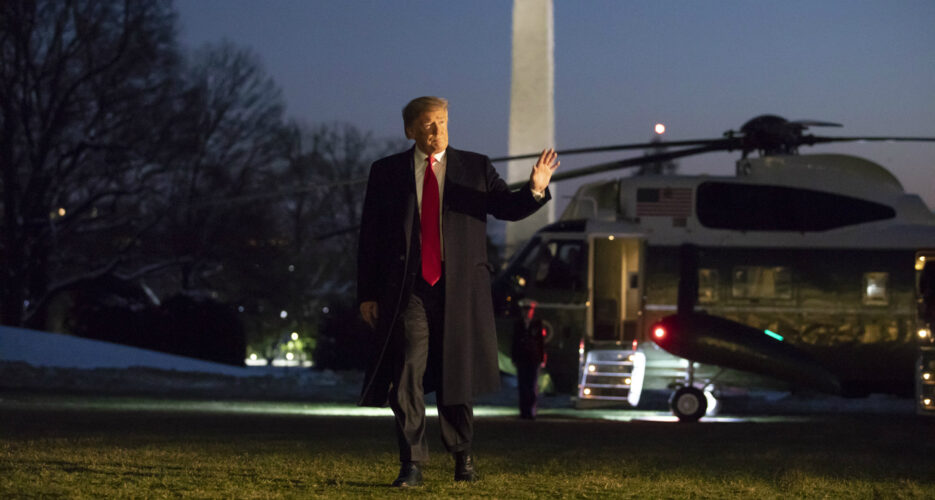About the Author
Dagyum Ji
Dagyum Ji was a senior NK News correspondent based in Seoul. She previously worked for Reuters TV.

Get behind the headlines
|
Interviews Trump may offer North Korea “premature” sanctions relief this year: expertTufts University's Sung-Yoon Lee talks diplomacy, "fake concessions," and what the DPRK really wants  U.S. President Donald Trump will most likely offer North Korea some kind of relief from international sanctions or a peace treaty in the near future, a prominent DPRK watcher and legal scholar told NK News last week. Speaking in Washington DC ahead of a conference hosted by NK News's parent organization the Korea Risk Group, Tufts University's Sung-Yoon Lee said the international community's growing lack of political will to enforce sanctions will likely allow the U.S. to reward Pyongyang for what he described as its "fake concessions" on the nuclear issue. © Korea Risk Group. All rights reserved. |